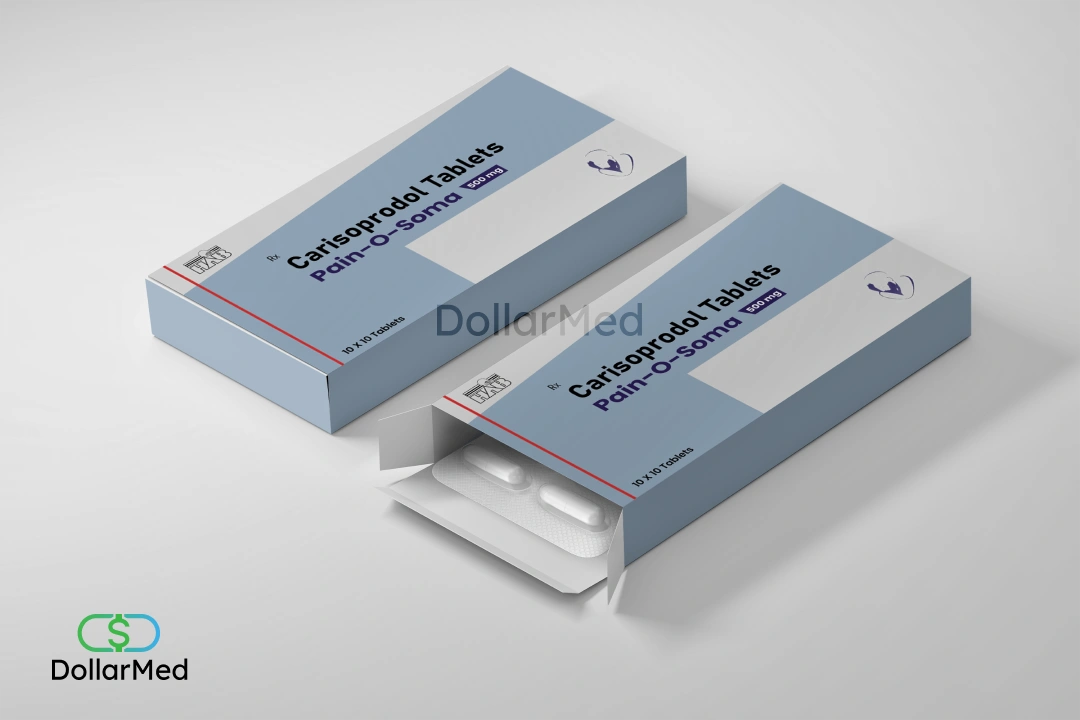




Hypertension (high blood pressure), Edema


10 tablets per strip

Torasemide

3.5 hours

Cipla Ltd
Torsemide works by blocking sodium and potassium channels in the kidneys’ lower part. This action stops extra fluid buildup, reducing swelling and inflammation.
It’s used to treat heart failure, swelling (edema), and other conditions where the body holds onto too much water.
For high blood pressure, Adults and the elderly typically take between 2.5 mg and 5 mg once daily.
For water retention (edema), Adults and the elderly usually take 5 mg once daily.
Your doctor may increase the dose to 20 mg daily if necessary.
.
Take it at the same time each day. Follow your prescription carefully.
Swallow the tablets whole; don’t cut, chew, or crush them.
If you forget to take a dose, take it as soon as you remember. If it’s almost time for your next dose, skip the missed one. Do not take two doses together to make up for the skipped one.
Taking more than the recommended dose of Dytor 100 mg can increase the risk of side effects and should be avoided.
Overdosing on Dytor 100 mg can result in serious effects like
Seek medical attention immediately if you experience symptoms of an overdose.
While using Dytor 100 mg, be mindful of potential side effects that may arise. These include:
If you experience any severe or persistent side effects or notice any changes in your health, consult your doctor immediately.
You should not consume Dytor 100 mg if you have or had a history of:
Be aware that Dytor 100 mg may cause drowsiness. Avoid driving or operating machinery until you know how it affects you.
Dytor 100 mg may interact with other drugs, leading to side effects. Tell your doctor if you take any of the following:
Inform your healthcare provider about all medicines you take, including prescriptions, over-the-counter drugs, vitamins, or herbal supplements.
Avoid drinking alcohol. Alcohol can increase the risk of side effects
such as sleepiness and dizziness.
Drugs and Lactation Database (LactMed) [Internet]. Bethesda (MD): National Library of Medicine (US); 2006. Torsemide. [Updated 2020 Jan 20]. (online) https://www.ncbi.nlm.nih.gov/books/NBK501121/
Torsemide 100mg is a medication primarily used to treat conditions such as edema (fluid retention) associated with congestive heart failure, kidney disease, liver cirrhosis, and hypertension (high blood pressure).
Torsemide may be used cautiously in patients with kidney disease under the supervision of a healthcare provider. However, dosage adjustments may be necessary based on kidney function to prevent potential complications.
Torsemide is typically taken in the morning with or without food. Taking it earlier in the day allows for increased urine production during waking hours, which can help prevent disturbances in sleep due to frequent urination at night.
Torsemide can affect kidney function and may lead to increases in serum creatinine levels, especially in individuals with pre-existing kidney disease or impaired kidney function. It’s essential to monitor kidney function regularly while taking torsemide.
In some cases, long-term or excessive use of diuretics, including torsemide, may contribute to kidney damage or worsening kidney function, especially if kidney disease is present. It’s crucial to use diuretics cautiously and under the guidance of a healthcare provider.
Individuals with a history of severe allergic reactions to torsemide or other sulfonamide-derived medications, as well as those with anuria (absence of urine production), should not take torsemide. Additionally, it may not be suitable for individuals with certain electrolyte imbalances or severe kidney dysfunction.






© 2023 – Dollarmed™